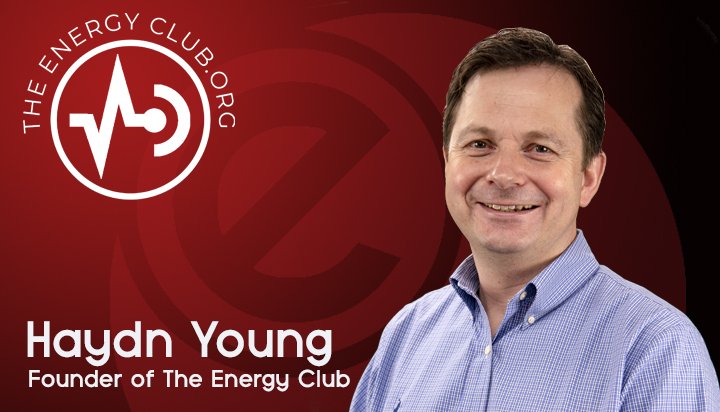Subsidy-free Solar – a new age of pragmatism over opportunism?
That is it – 1st April 2019 marked the closure of the UK’s Feed-in Tariff (FiT) scheme to new applications. All new solar installations will need to be subsidy-free but may be eligible for the Smart Export Guarantee (SEG) reward for exporting energy to the grid when it comes in effect.
Good intentions
The FiT scheme was a UK Government programme, designed to promote the uptake of renewable and low carbon electricity generation. Introduced on 1st April 2010, the scheme required electricity suppliers to make payments for both power generation and exports from eligible installations.
The scheme worked – almost one million homes installed solar products (both photoVoltaic and thermal) over nine years and collectively the solar power market now provides 12.8GW of electricity to the grid. That’s enough to power more than three million homes.
Bad business
Despite the success, the solar installations market was swelled with subsidy-chasing businesses, having poor long-term viability. As costs of photovoltaic panels fell, the market chose to ignore the inevitable subsidy reduction.
In 2016, the government enacted a ‘shock’ 66% reduction in tariffs, pushing many installers to close. Direct job losses were estimated to be as high as 18,000.
The largest of these closures was Mark Group, which was based in Leicester and employed 1,000 staff. Whilst painful, the decision forced installers to reconsider business models in a subsidy-free future and BEIS’ impact assessment analysis showed the closure of FiTs will save between £1.3 billion – £1.9 billion.
It’s only right the government makes changes to ensure taxpayers continue to get the value for money.
Pragmatic purchasing
Demand side response increase non-commodity costs, whilst the roll-out of electric vehicles bring a new wave of challenges for the energy management practitioners. A new mindset concerning solar investments is emerging to protect against volatile markets.
FiTs drove opportunistic investments towards gaining the subsidies, whereas subsidy-free investments focus on price protection and, in some cases, the avoidance of rising non-commodity costs.
New contracts enable buyers to secure renewable solar power at favourable rates via Direct Wire or Sleeved Power Purchase Agreements (PPAs).
As we say farewell to FiTs, it is worth reflecting this was a good policy with good intentions, stimulating a new market into maturity. Mistakes were made, but its legacy is the common acceptance of solar energy as a reliable and viable generation source for the UK.
Haydn Young is an independent energy management expert and founder of www.theenergyclub.org. If you are an energy end user you can register to attend a club for free.





